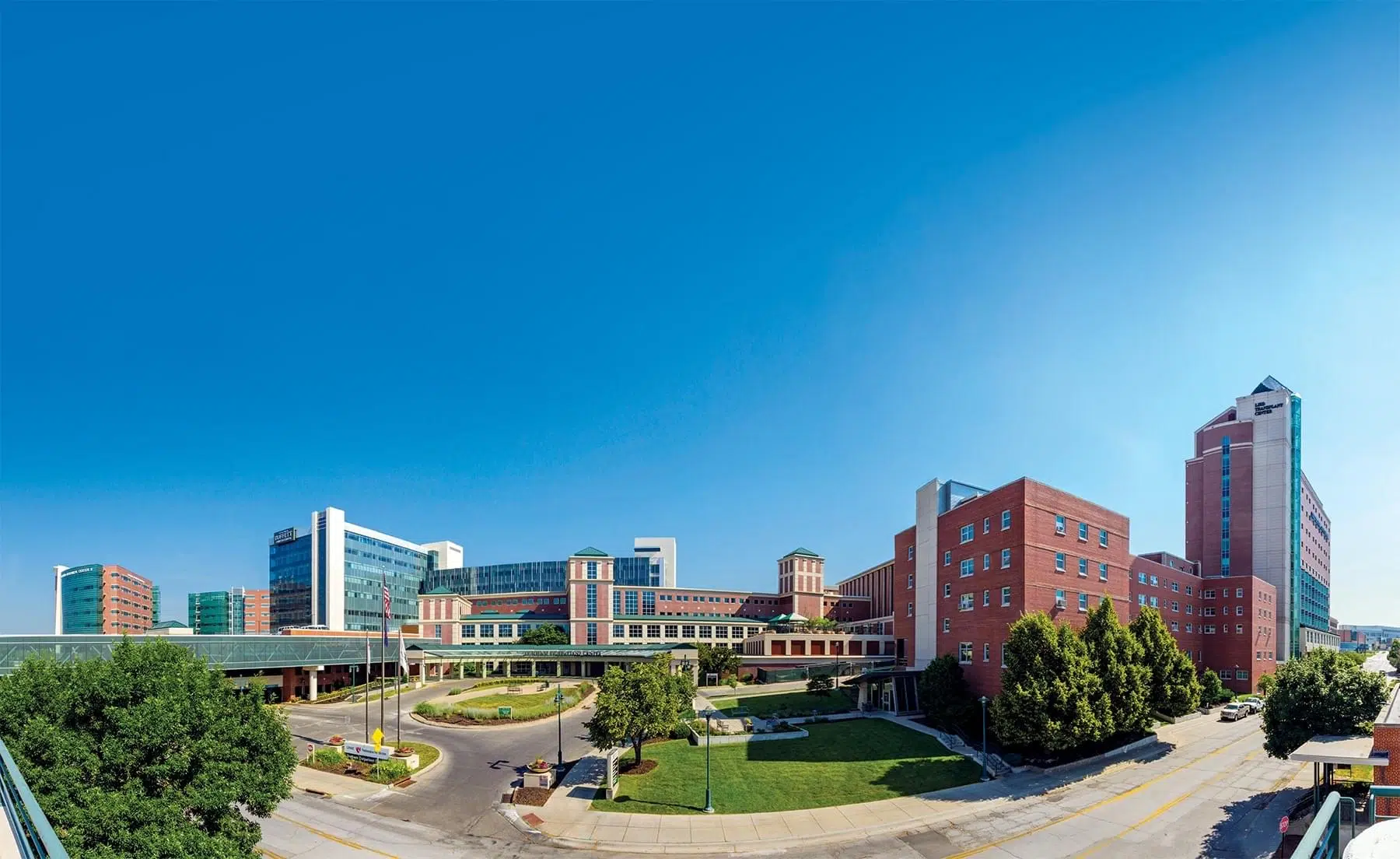A national study has found the typical treatment for abdominal aortic aneurysms is no longer effective
Abdominal aortic aneurysms cause swelling or ballooning in the major blood vessel (aorta). They affect about 3% of older Americans, mostly men, and can cause fatal internal bleeding if the aneurysm grows large enough to burst.
“It is clear that doxycycline should not be used in patients with small aneurysms to inhibit growth,” said Timothy Baxter, M.D., professor and surgeon at UNMC/Nebraska Medicine, who led the study at UNMC. “It’s important to know so we don’t subject patients to the side effects of doxycycline when it is not helpful.
Physicians typically monitor the growth of small aneurysms and sometimes have opted to prescribe doxycycline based on previous research suggesting that it reduces inflammation that contributes to aneurysm growth.
“One of the more surprising findings of the study was that the aneurysms in both treatment groups grew at a slower rate than seen in previous studies. We aren’t sure why this is occurring, but it has important implications for how often we re-image abdominal aortic aneurysms for growth and provides a better estimate of when repair might be required.”
But researchers found doxycycline, a commonly used antibiotic, had no beneficial effect compared to a placebo in slowing growth of the aneurysms.
The major finding, published today in the Journal of the American Medical Association, was funded by a $10 million grant by the National Institutes of Health National Institute on Aging.







